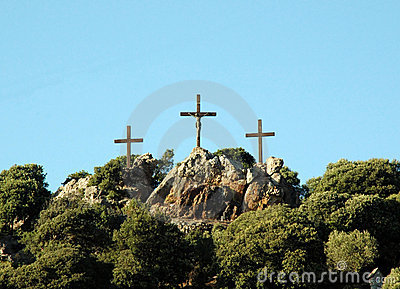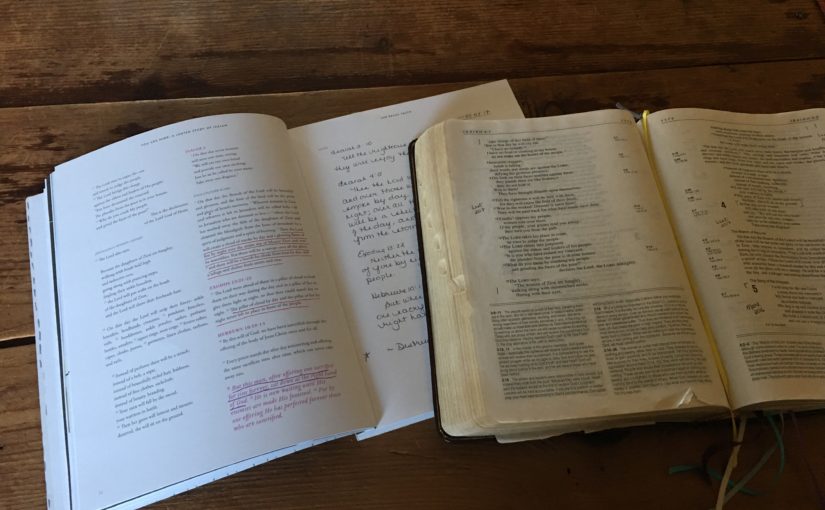Where do we begin?
Every story has a beginning, and the manner in which John begins the narrative of Jesus’ life is captivating to me, especially in light of the other Gospels. Matthew and Luke begin with Jesus’ earthly lineages. Mark begins his account with John preparing the way for Jesus. But John – John begins his story with a 14-verse poem that echoes the creation narrative and traces Jesus’ divine lineage to the very beginning of all things.
In the beginning was the Word… It’s not simply a “word” strung together with a few letters or syllables, but it’s the Word – the logos, the reason, the plan, the cause, the declaration. The Word is the divine pulse of the universe. It is life. It is the light of all light. It is that which darkness cannot overcome. And the Word became flesh. How’s that for a birth story?
Whereas Matthew and Luke tell of Jesus’ more relatable humanity in their opening lines, John’s account of His divinity has been almost mind-blowing to me as I’ve sat and dwelled on it for a while. It’s difficult for me to put in words, but it’s as if everything that is beautiful, and pure, and holy, and radiant, and light, and life-giving, and… love, is wrapped up in and radiates the Word.
Until recently, I rarely caught a glimpse of the full magnitude and gravity of Jesus’ divinity, and I’m sure I still don’t fully comprehend it now. But even the smallest notion of the fullness of His divinity paints His life, death, and resurrection in an entirely different and brighter light.
Have you ever thought about it, I mean, really thought about it? Have you ever tried to wrap your mind around pure unadulterated love? Around the fact that darkness can never overcome light? Around everything that is good and holy and sacred in this world? Around the essence of life itself and everything that is life-giving? Around the actual logos of creation?
When I dwell on Jesus’ divinity, choosing to follow him becomes much more than a prayer, and much deeper than a ceremony or ritual. It becomes a matter of aligning my heart and my life with He who is everything good and holy, at the expense of all else.
He is the reason. He is life. He is the light. And yet it’s still a daily struggle to abandon all and follow Him. ~ Jeremy Helmer
Today’s Bible Journal is written by one of my good friends and brothers in Christ Jeremey Helmer. God Is Good! He is Life! He is our Light! Amen









